The study originally conducted by State University of New York.
- Tested 259 individual bottles from 27 different lots across 11 brands
o Purchased from 19 locations in 9 countries - 93% of bottled water showed some sign of microplastic contamination
o After accounting for possible background (lab) contamination - Average of 10.4 microplastic particles >100 um per litre of bottled water
o Confirmed by FTIR spectroscopic analysis
o Twice as much as within the previous study on tap water
A report from the State University of New York has found that more than 90% of bottled water worldwide, including India, contains tiny pieces of plastic.
The scientists tested 259 individual bottles across 11 brands sold in nine countries, including Brazil, China, India, Indonesia and the US. Samples in India were drawn from 19 locations in Mumbai, Delhi and Chennai.
Top global brands including Aquafina, Evian as well as the Indian brand Bisleri were tested. A Bisleri sample from Chennai showed over 5,000 microplastic particles per litre, according to data published by the research team.
Packaged drinking water is a loosely regulated industry in India with hundreds of big and small brands vying for a share of the metro and small-town market. Bottling units are regulated by state and central agencies in India, including the Bureau of Indian Standards and Food and Drug Administration (FDA). FDA officials were not available for comment on Thursday on the study despite repeated attempts.
Although bottling companies insisted that they enforce strict quality control, findings indicating the presence of carcinogenic substance in the water raise concerns about the long-term implications for public health. The polypropylene used to make plastic bottle caps were the most common polymeric material (54%) found in the samples while nylon was the second most abundant (16%).
After conducting laboratory test, 93% of bottled water showed some presence of microplastics. Researchers found an average of 10.4 microplastic particles per litre of bottled water using analysed by infrared spectroscopy. This is twice as much as what was found in a previous study on tap water by the same team.
The data indicated the contamination is at least partially coming from the packaging or bottling process itself.
Packaged drinking water is a loosely regulated industry in India with hundreds of big and small brands vying for a share of the metro and small-town market. Bottling units are regulated by state and central agencies in India, including the Bureau of Indian Standards and Food and Drug Administration (FDA). FDA officials were not available for comment on Thursday on the study despite repeated attempts.
The Indian Institute of Packaging is instrumental in checking water bottle samples for “quality of plastic and related contamination inside the bottle” on behalf of BIS. Officials with the IIP lab in Mumbai said preventive action is taken by BIS only if residual monomers, heavy metals or residual (chemical) catalysts are found beyond acceptable limits. However, such cases are rare, they said. Among leading companies, PepsiCo India contested the study’s findings, saying, “Aquafina maintains rigorous quality-control measures, sanitary manufacturing practices, filtration and other food safety mechanisms which yield a reliably safe product for enjoyment anywhere in the world. The science of microplastics and microfibres is in its infancy. Microplastic particles are found across our environment, including soil, air and water.”
The study specifically mentions the batch number and location of purchase for all the 27 lots of samples containing 259 bottles tested. Only 17 individual bottles “showed no microplastic contamination in excess of possible laboratory background”, said the study. The team said samples were sourced from a number of locations to increase the likelihood of diverse bottling sources.
Researchers found an average of 10.4 microplastic particles per litre of water. Densities of microplastic contamination varied from zero contamination to one bottle with an excess of 10,000 microplastic particles per litre.
This is not the first time doubts have been raised about the safety of packaged drinking water in India. A study by BARC researchers (published January 10, 2015, in Current Science Journal) showed high levels of carcinogens in bottled drinking water samples in Mumbai. The team checked 90 samples from 18 brands of bottled water sold by various manufacturers in the city and found 27% samples contained higher than World Health Organisation-permitted limits of bromates, a salt containing bromide that is a byproduct of the disinfection.
Incidentally, the International Agency for Research on Cancer classifies bromates as Group 2B carcinogens that could possibly cause cancer in humans. Some samples had bromate levels four times the WHO limit of 10 micrograms per litre.
Chemicals found in plastic bottles are also known to have affected newborn children. A 2013 study by Dr Arbinder Singal, a paediatric urologist with MGM Hospital in Navi Mumbai, found a growing incidence of genital abnormality among newborn boys due to increasing exposure to endocrine disruptor chemicals found in plastic bottles, food wraps, cosmetics and toys. The study noticed a 200% rise in the incidence of undescended testicles.
The bottled water industry faced tough questions earlier when studies indicated high pesticide residue in the water. This resulted in a crackdown and more scrutiny on the bottling process. The distinction between “natural mineral water” and “bottled water” also came in through awareness campaigns and consumer activism which questioned the widespread use of the term “mineral water” for packaged water which had not been fortified with minerals. Most companies then switched to describing their product as “bottled water”.
Read the full scientific report.
Credit: Article originally published on TImes of India

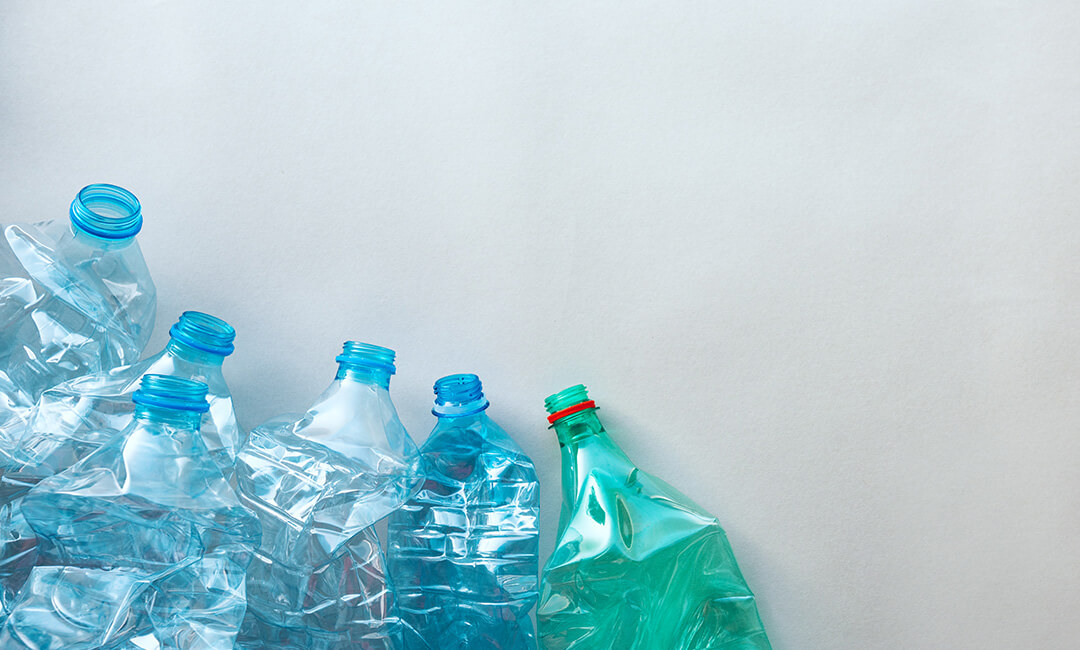

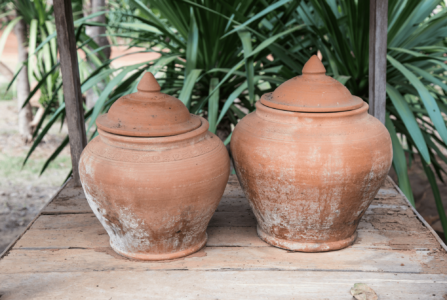

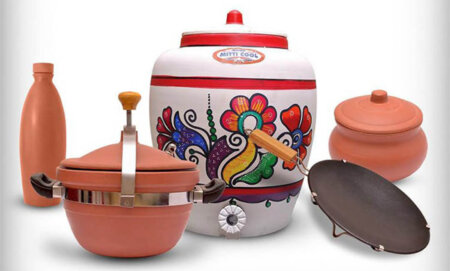
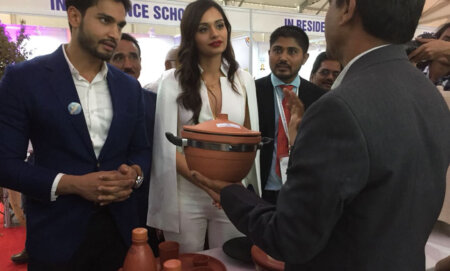

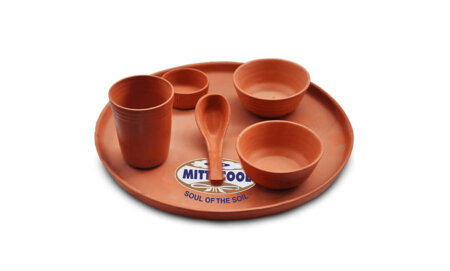
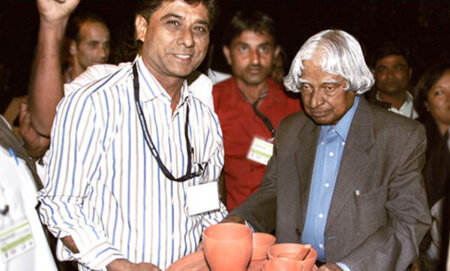
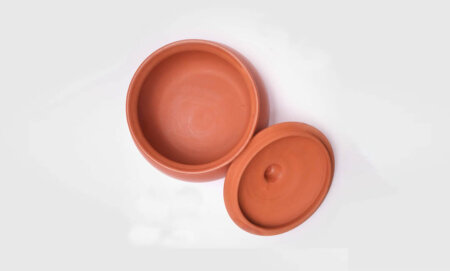

I will by for water bottle